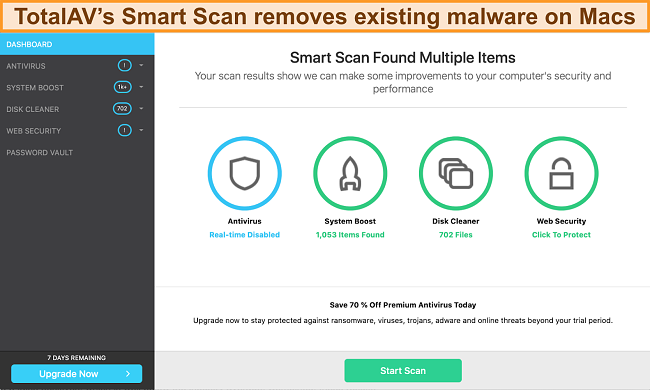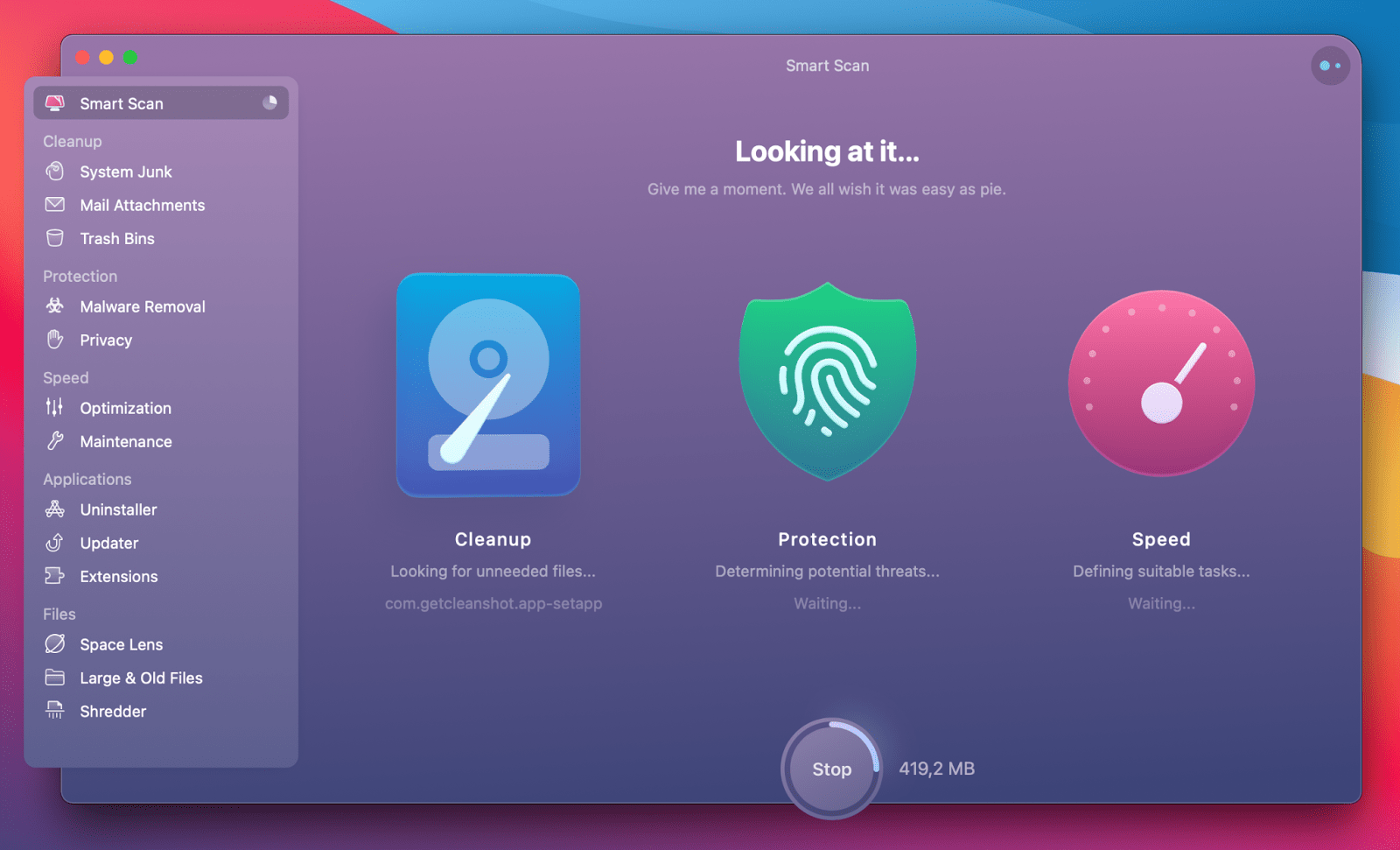
- BEST MALWARE SCAN FOR MACBOOK HOW TO
- BEST MALWARE SCAN FOR MACBOOK INSTALL
- BEST MALWARE SCAN FOR MACBOOK SOFTWARE
- BEST MALWARE SCAN FOR MACBOOK CODE
- BEST MALWARE SCAN FOR MACBOOK PASSWORD
The easiest way to scan your WordPress site for malware is to use a security plugin. Best Tools for Scanning WordPress for Malware For example, you could do so on the first day of every month to get into the habit. You may want to set a regular reminder to scan your website for malware. Additionally, we recommend scanning if you notice any of the telltale signs we mentioned earlier.
BEST MALWARE SCAN FOR MACBOOK INSTALL
You should probably run a scan whenever you make changes to your website’s structure or install new plugins. We recommend checking for malware once per month at a minimum. Therefore, it’s a good idea to check your website regularly, even if there are no signs that something’s wrong.
BEST MALWARE SCAN FOR MACBOOK CODE
Malicious code can go unnoticed for a long time. When to Scan WordPress for Malwareĭon’t wait until you see the warning signs to scan your WordPress website for malware.
BEST MALWARE SCAN FOR MACBOOK HOW TO
Check out our site security cheat sheet for advice on how to harden your site against breaches. In addition to scanning your website for malware, you can also take a proactive approach to security. It may load dangerous pop-ups on your site and pass malware on to your users. Risks to your website visitors: Malware can even pose a security risk to your website visitors.This can cause your IP address to be delisted by major email providers. Denylisted IP address: Hackers can also use malware to send spam emails from your website’s IP.Diverting resources away from your site can lead to performance issues such as slow-loading pages. Poor website performance: Malware can enable hackers to use your server resources to attack other websites.This can cause your rankings in search engine results pages (and organic search traffic) to fall. SEO penalties: Google often denylists compromised websites.If you don’t scan for malware regularly, you open yourself up to many risks, such as: Regularly scanning for malware is very important, especially since 83 percent of hacked CMS-based sites are built on WordPress. Sometimes, you might not be aware that your website has been compromised.įortunately, there’s an easy way to find out: you have to run a malware scan. Why Scanning WordPress for Malware Is ImportantĪs we mentioned, there will usually be some signs that malware is present on your website. This may then find its way onto your WordPress server.
BEST MALWARE SCAN FOR MACBOOK SOFTWARE
By doing so, you can inadvertently download malicious software to your machine. It can happen if you accidentally click on a phishing link in an email or visit a compromised website. Malware can also infiltrate your website via phishing links.

Bot networks search through the internet for websites with these vulnerabilities and use them to install malware. Out-of-date plugins and themes are also security vulnerabilities that hackers can exploit.

BEST MALWARE SCAN FOR MACBOOK PASSWORD
This is when a bot cycles through hundreds of username and password combinations on your login page until they hit on the right one. They can then install the malware via a brute force attack. Usually, a hacker or bot will exploit some security vulnerability.įor example, if you don’t have security measures in place to prevent repeated incorrect login attempts, or if your password is weak, a hacker may gain access to your site. Malware can get installed on WordPress sites in many ways. 💪 Click to Tweet How Malware Gets Installed on WordPress Sites With help from this guide, you can keep your site safe & secure. While these problems can all have multiple causes, if you’re seeing one or more of them, it’s worth looking into the possibility that malware has infected your site.ĭid you know that there are around 90,000 attacks on WordPress sites every minute? 😱 Deep breaths.


It can negatively affect your site in many ways and poses a severe security risk to both you and your website visitors. Malware stands for “malicious software.” It’s a catch-all term for any harmful software hackers use to gain unauthorized access to or damage your WordPress website.


 0 kommentar(er)
0 kommentar(er)
